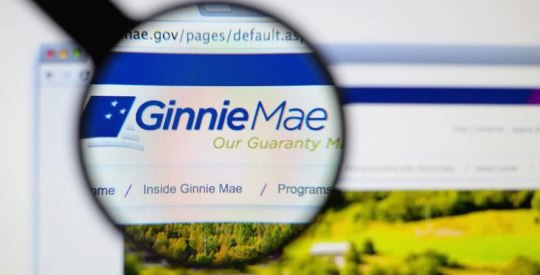Time is up for many condo associations to benefit from borrowers using mortgages insured by the Federal Housing Administration. Fewer than 10% of the nation’s condominiums received recertification nearly two years after a change in requirements. So for borrowers looking to buy into those properties, they will be unable to obtain FHA-backing and likely need more in down payment. But it is those requirements, however, getting backlash from condo associations as well as U.S. lawmakers. About 2,100 condo projects nationwide were reapproved or recertified for FHA-insured mortgages, more than 25,000 certifications expired this year through Sept. 30, according to the Department of Housing and Urban Development. HUD said uncertified condo associations failed the process for several different reasons., though largely due inability to meet reserve fund requirements, legal disputes, insufficient insurance coverage and high investor ownership. But in a letter to HUD Secretary Shaun Donovan, U.S. representatives Barney Frank (D-Mass.), Michael Capuano (D-Mass.) and Stephen Lynch (D-Mass.) expressed worry over the new approval process. The representatives, all three members of the House Committee on Financial Services, urged “the opportunity for public review” on the guidelines before any changes take effect, as well as reconsideration of special assessment and condo fee limits given “current economic conditions.” Condo projects applying for mortgage approval cannot have more than 15% of units more than 30 days behind on fee payments, nor can they have special assessments or loans to make necessary improvements. “We believe that these factors do not necessarily indicate that the association is in poor fiscal health and as such should be ineligible for FHA mortgage approval,” the three representatives wrote in the Oct. 31 letter. Approval process changes became effective December 2009, requiring condos to apply for recertification every two years. That makes Dec. 7 the latest date a condo’s certification can expire without reapplying. The Community Association Institute said as long as condo associations have a hard time meeting the guidelines, fewer and fewer people will get FHA-backed funding. Of course, the FHA isn’t the only mortgage financing in town, but condo sellers long argue that the typical owner-occupant these properties are designed for will not hold large amounts of cash laying around to meet the difference required in down payments. Andrew Fortin, who works in government affairs for the Virginia-based condo trade group added the problem isn’t that FHA is creating guidelines, but rather how it goes about it. “They’re just making it up as they go along, for lack of a better word,” Fortin said. “It is essentially two folks for FHA coming out with what they think would be good for the program. What they’ve created is a set of requirements that make it unnecessarily difficult, if not impossible.” The Cotton Mill, a New Orleans condo project, was one of the 2,100 to receive recertification. The property manager, Linda Resor, said she had little problem reapplying for the converted fabric factory, aside from a few hiccups with documents. But Resor said the Cotton Mill, which has 287 units, doesn’t face the problems of other, smaller condo projects. Previous buildings where she worked struggled to meet the 10% benchmark on budgetary reserves now required by the FHA. “That was a bummer to smaller communities that they’d rather not have money in the bank,” Resor said. “For them to put away 10% of the reserve, they felt it was like big brother breathing down.” The FHA made other changes in its eligibility requirements, including restrictions on investor involvement. At least 50% of units must be owner-occupied for projects built longer than a year ago, and a single investor can own no more than 10% of units. In Miami, only about 13% of condos near or on the coast are owner-occupied, according to local consulting firm CondoVultures.com. The new FHA financing rules also require that 30% of units must be sold before the endorsement of any mortgage in the project. The alterations in requirements follow the passing of the Housing and Economic Recovery Act of 2008. Write to Andrew Scoggin. Follow him on Twitter @ascoggin.
Condo associations struggle to meet stricter FHA guidelines
Most Popular Articles
Latest Articles
Ginnie Mae President Alanna McCargo to resign
Alanna McCargo announced her resignation from the top post at Ginnie Mae effective May 3



